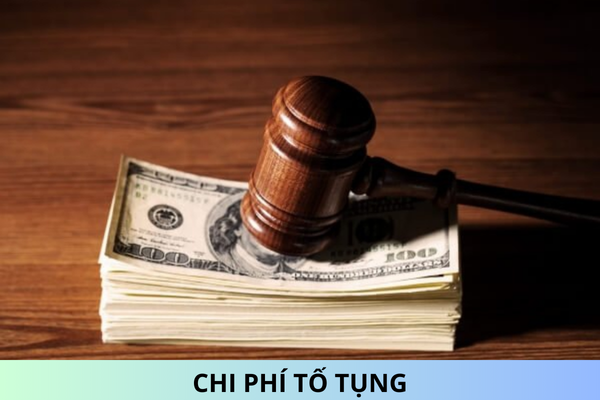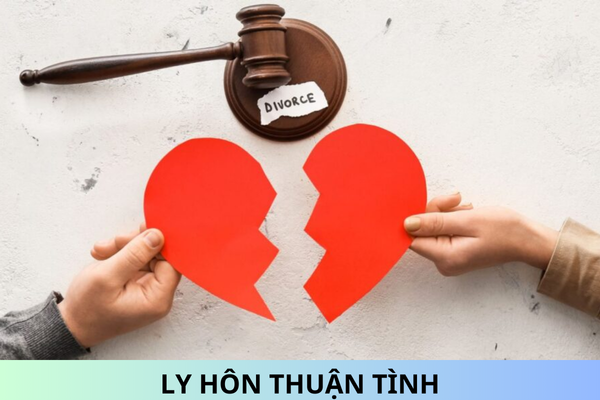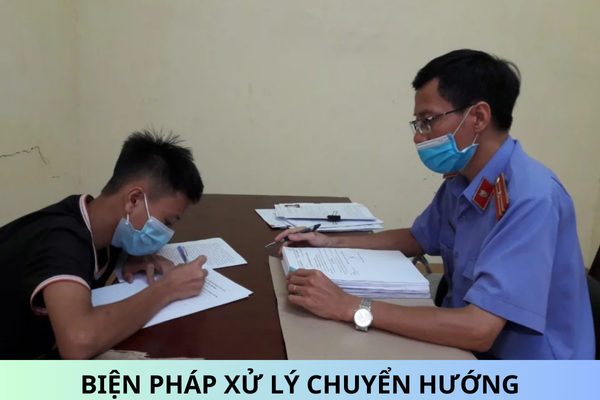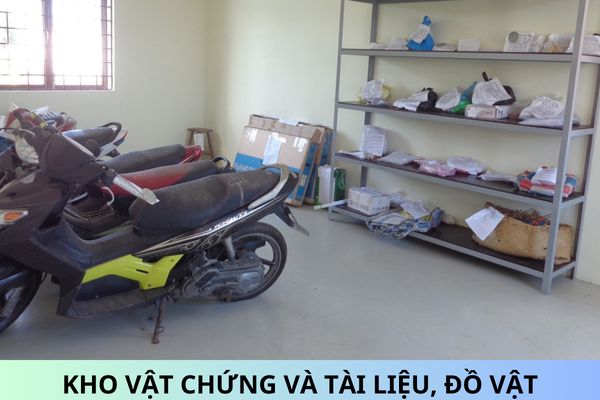Which authorities shall a person who is arrested under an arrest warrant in Vietnam be taken to?
Which authorities shall a person who is arrested under an arrest warrant in Vietnam be taken to? Is it permissible to arrest a suspect who is being sought on an arrest warrant at night for temporary detention in Vietnam? What are rights of a person who is arrested on an arrest warrant in Vietnam?
Hello Lawnet. A wanted person was found at my place. We are planning to arrest this person. After arresting the suspect, what authority should we take him to? If we report to the police, will the police arrest him immediately at night?
Thank you!
Which authorities shall a person who is arrested under an arrest warrant in Vietnam be taken to?
Pursuant to Article 112 of the Criminal Procedure Code in 2015 stipulating apprehension of wanted persons as follows:
1. Everyone is permitted to capture and deliver by force a wanted person to the nearest police station, Procuracy or People’s committee. The said authorities, when taking in the arrestee, must make written record of the incident and deliver by force the arrestee and report to competent authorities in prompt manner.
2. Everyone, when capturing a wanted person, is permitted to disarm such person.
3. If communal, ward or town police unit or police station detects, arrests or takes in, it shall temporarily seize weaponry, retain relevant documents and items, make written record of arrest, take initial statements, protect crime scene as per the laws, deliver by force the arrestee or report to competent investigation authorities in prompt manner.
As regulations above, if you and the people in your place of residence arrest a wanted person, you must immediately take that person to the nearest police station, Procuracy, or People's Committee.
Which authorities shall a person who is arrested under an arrest warrant in Vietnam be taken to? - Source: Internet
Is it permissible to arrest a suspect who is being sought on an arrest warrant at night for temporary detention in Vietnam?
Pursuant to Article 113 of the Criminal Procedure Code in 2015 stipulating apprehension of suspects and defendants for detention as follows:
1. The following individuals are entitled to order and decide the apprehension of suspects and defendants for detention:
a) Heads and vice heads of investigation authorities. In this event, the arrest warrant must be approved by the equivalent Procuracy prior to apprehension;
b) Head and vice heads of a People’s Procuracy, and head and vice heads of a Military procuracy;
c) Court presidents, Vice court presidents of People’s Courts, and Court presidents and Vice court presidents of Courts-martial; trial panel.
2. The arrest warrant and written approval of the arrest warrant must specify full name and address of the arrestee, reasons and other details as per Point 2, Article 132 of this Law.
Enforcers of an arrest warrant must read out the warrant, explain its content, arrestee's duties and rights, make written record of the arrest, and give the warrant to the arrestee.
The apprehension of a person at his place of residence must be witnessed by a representative of communal, ward or town authorities and other individuals. The apprehension of a person at his place of work or education must be witnessed by a representative of the place of work or education. The apprehension of a person at other places must be witnessed by a representative of communal, ward or town authorities.
3. Apprehension must not occur at night, except for criminals in flagrante or wanted persons.
As regulations above, if you report to the police about the discovery of a wanted person, the police will have the right to arrest that person immediately at night.
What are rights of a person who is arrested on an arrest warrant in Vietnam?
Pursuant to Clause 1 Article 58 of the Criminal Procedure Code in 2015, persons held in emergency custody or arrested for criminal acts in flagrante and wanted notices are entitled to:
a) Hear and obtain the warrants of emergency custody, emergency arrest, written approvals of emergency custody and wanted notices;
b) Be informed of reasons of their temporary detainment and arrest;
c) Be informed and explained about their rights and duties as per this Law;
d) Give statements and opinions, and have no obligation to testify against themselves or admit to guilt;
dd) Present evidences, documents, items and requests;
e) Confer on relevant evidences, documents and items and request authorized procedural persons to inspect and evaluate such;
g) Defend themselves or be defended;
h) Complain about competent procedural authorities and persons’ decisions and legal procedure on detainment and arrest.
Best regards!











